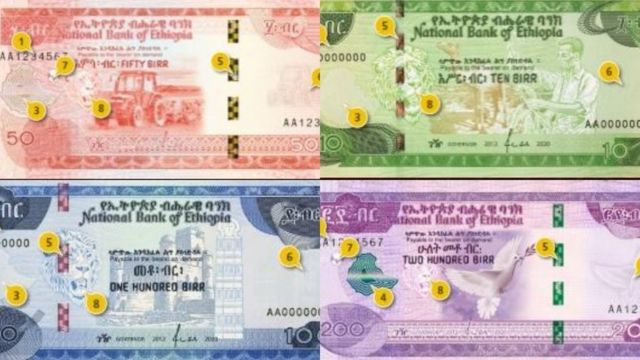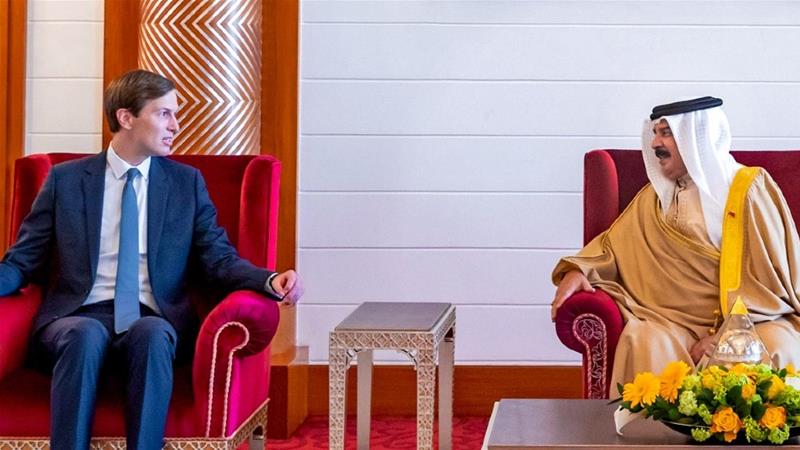The arrest and detention of Kjetil Tronvoll, a highly regarded and engaged scholar with a particular expertise on Ethiopia and the Horn of Africa, will have a chilling effect on freedom of expression and academic inquiry.
Kjetil has now been freed and is on his way home. He has attended two Eritrea conferences hosted by Eritrea Focus.
Source: Blankspot
Norwegian professor detained at Ethiopia airport
Norwegian professor Kjetil Tronvoll is said to have been abducted by police at Bole Airport in the capital Addis Ababa. He most recently came from Mekelle in the Tigray region, where he followed the “illegal election” criticized by the central government.
According to the Norwegian Ministry of Foreign Affairs, information was received during the evening that a Norwegian citizen had been detained at the airport.
– We have also been informed that he has now had the opportunity to travel further, says Ane Haavardsdatter Lunde at the press service at the Norwegian Ministry of Foreign Affairs to Blankspot.
Kjetil Tronvoll is head of the think tank Oslo Analytica as well as professor of peace and conflict knowledge at Bjorknes University. For the past thirty years, he has conducted field studies in Ethiopia, Eritrea and Zanzibar and also worked as an advisor and mediator in several peace processes.
One of his special areas is the development of democracy on the African continent.
But his presence during the election, which was won by the former ruling TPLF party, has been criticized by supporters of Prime Minister Abiy Ahmed for taking a stand for the opposition party.
Something he rejected on twitter this week.
“Just to clarify. I observe the election as part of my 30-year research on political developments in Tigray and Ethiopia. Studying a process does not mean supporting it, but the empirical reality is a key to later being able to analyze the situation. Some seem to confuse this, “wrote the Norwegian professor.
In another follow-up comment on twitter, Kjetil Tronvoll wrote that there was a smear campaign against his presence with allegations that he was there and working illegally on a tourist visa.
“It’s fake! I am here as part of my work as an adjunct professor at the University of Mekelle on an official visa issued by the Ethiopian government. ”
That is why the region’s politicians have arranged their own.
In an interview that Kjetil Tronvoll did recently with Al-Jazeera, he highlighted that both the people in the region and the TPLF party have undergone radical changes in recent years.
According to the ruling party TPLF, what has now taken place is a historic election that has given citizens an opportunity to choose between different political alternatives. They have also warned the government against intervening or in any way trying to stop the election because, according to them, it would be “a declaration of war”.
Relations between Tigray and the central government in Addis Ababa are strained, and in the past the TPLF, the dominant party in Tigray, has dropped out of government cooperation.
When asked by state television (EBC) about the election, the prime minister replied that it was a “minor headache” and that “the election is illegal because only the country’s national election commission can organize elections in Ethiopia”.
When Professor Kjetil Tronvoll returned to Addis Ababa’s airport Bole, he was taken away and detained, according to other passengers.
On Twitter, The Economist correspondent Tom Gardner writes that he was taken to a hotel.
According to the Norwegian Ministry of Foreign Affairs , he now has the opportunity to continue his journey.






































